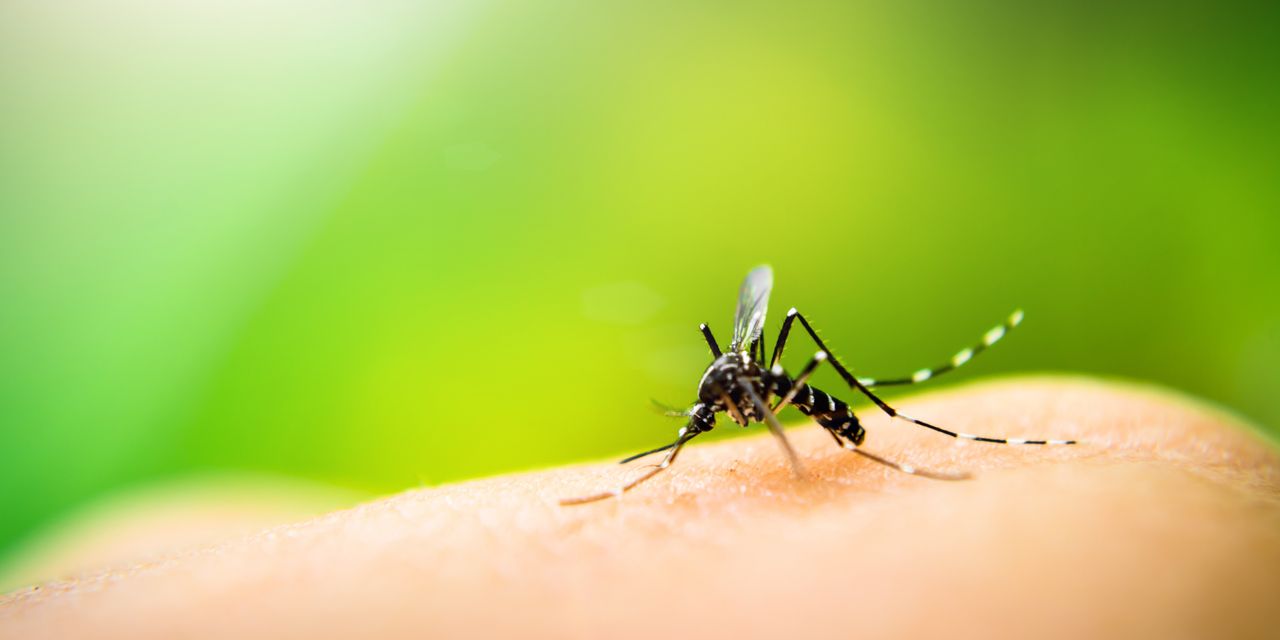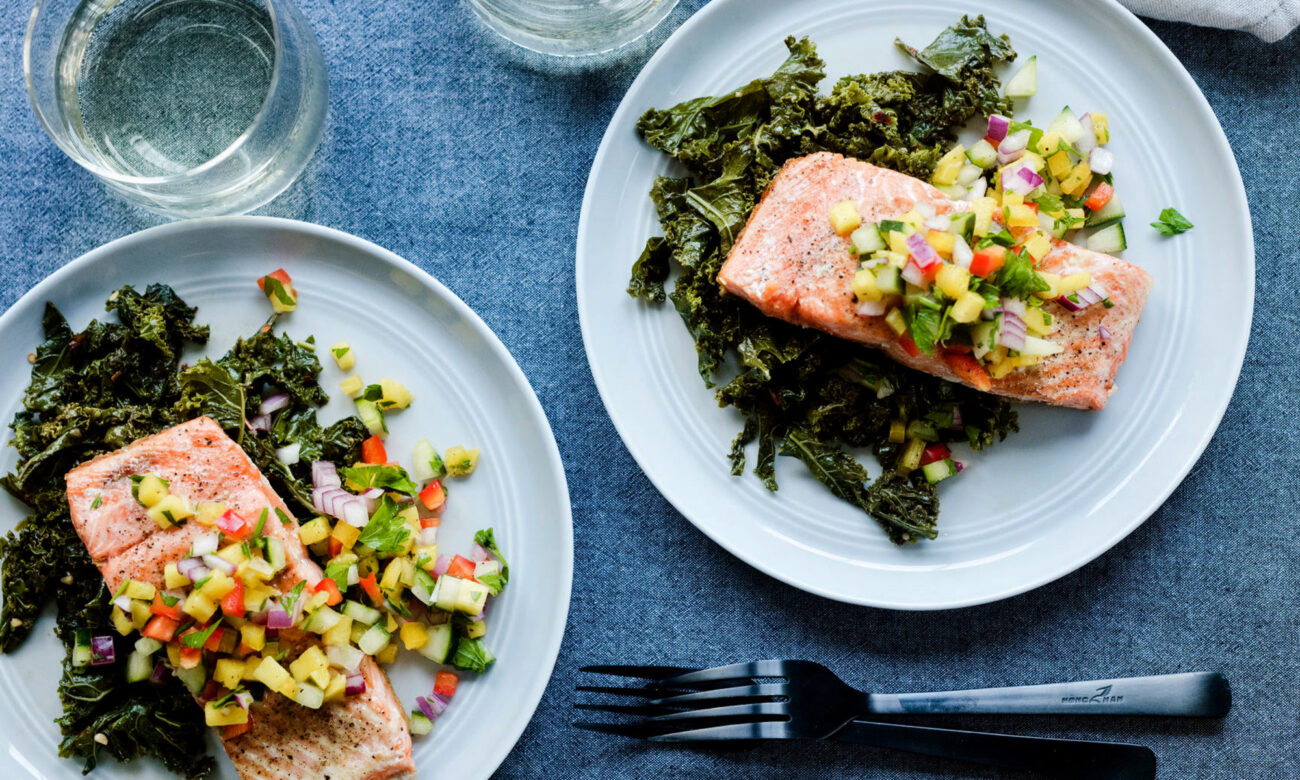Blog
Can What You Eat Really Make Mosquitoes More Likely to Bite You?

What about other boozy drinks—say, wine, liquor, and cocktails? Jury’s still out, according to a 2021 Current Research in Parasitology and Vector-Borne Diseases review. “It is still necessary to investigate whether the consumption of other alcoholic beverages…has the same effect on the attractiveness to mosquitoes,” the researchers wrote.
Bananas
Your favorite potassium-packed fruit could be making you a mosquito magnet. Okay, that’s an exaggeration, but in a 2018 study published in the journal Insects, researchers found that eating bananas “resulted in a significant increase in the overall number” of mosquito encounters. However, the effect wasn’t proportional, meaning the increase didn’t rise with the number of bananas eaten. On the other hand, the same study also investigated green grapes as a potential risk factor and couldn’t find any relationship, so if you want to avoid getting swarmed at a picnic, maybe pack a bunch of those as your fruit of choice instead.
Some types of cheese (and maybe other fermented foods)
When Dr. McMeniman and his colleagues performed fieldwork in Zambia for a study published in Current Biology in 2023, the team observed that mosquitoes were drawn to people who had body odor profiles high in a class of acids known as carboxylic acids. Namely, butyric, isobutyric, and isovaleric acids, all which are heavily associated with certain foods, including dairy products like milk, cream, and butter, and fermented items like miso, cheese, yogurt, kimchi, sauerkraut, and pickled cucumbers. (In fact, Limburger cheese, a type known for its pungent, foot-like aroma, was specifically shown to attract mosquitoes in a 1996 Parasitology Today study.)
Because of this, there could be a link between “consuming certain fermented products and your attractiveness to mosquitoes,” Dr. McMeniman says. “I think it’s a totally outstanding question that has been limited in rigorous, systematic testing performed so far, but a very important one moving forward.”
Garlic
On the flip side, garlic’s always been one of the most common foods popularly believed to deter mosquitoes, Dr. Swiger says—and on paper, it makes sense. To put it nicely, after all, this vegetable has a well-known reputation for, well, intensifying your smell—and not necessarily in the most positive way. To date, however, no data has emerged to support the idea that it can seriously lower your bite odds (as in this 2005 study published in Medical and Veterinary Entomology). However, the study did note that a longer period of consuming garlic might be necessary to have a measurable impact.
Onions
Ditto for onions, according to Dr. Swiger—both in the sense that they make your breath smell stronger and that they don’t have any evidence pointing to decreased mosquito attraction.
Some herbs and spices
Then there are certain items that may actually have a protective effect: In Dr. McMeniman’s same series of trials in Zambia, mosquitoes tended to avoid people who smelled strongly of eucalyptol, a compound present in a wide variety of plant-based foods and flavorings, “including sweet basil, cardamom, and other herbs and spices,” Dr. McMeniman says. (You can add mint, mugwort, rosemary, and sage to that list, plus hard candy, cough drops, cakes, and creams that contain eucalyptol as a flavoring agent.)
So does this mean you should change your diet if you want fewer mosquito bites?
Based on the available research, avoiding major dietary risk factors could potentially help, but don’t necessarily expect it to make a huge difference: It’s not like garlic breath will act as some sort of mosquito Mace. “While some of these things can alter the attraction of a mosquito to you, I don’t think any of ’em have a large enough impact that we would want to completely alter our diets in a way that would be like, ‘Oh, this will keep mosquitoes from biting me,’” Dr. Swiger says. Besides, Dr. McMeniman emphasizes, there’s a real need for more robust, extensive investigation to better pin down the connection between diet and mosquito attraction.












